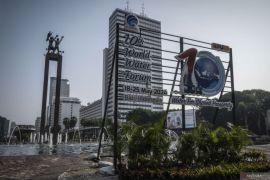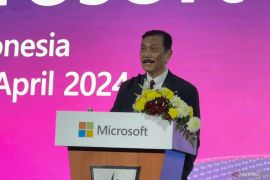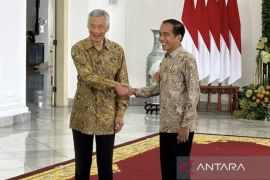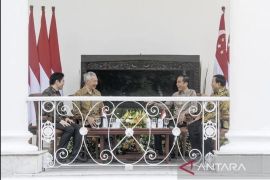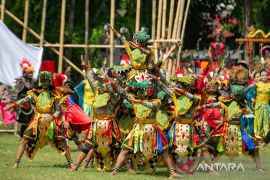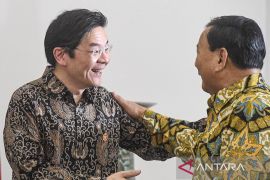Indonesian Foreign Affairs Ministrys spokesperson Arrmanatha Nasir stated here on Tuesday, that the meeting was planned to be held on Monday, but due to the busy schedules of the ministers, they had to postpone it until Wednesday.
"The meeting is the result of the discussion between President Joko Widodo and Malaysian Prime Minister (Najib Razak), and it is our initiative to urge Malaysia to use its position as the chairman of the ASEAN," Nasir explained.
Nasir said the meeting of the three ministers was expected to find short-, mid-, and long-term solutions related to the issue of irregular movements of people that has been rampant since long in the Southeast Asian region.
"We cannot resolve this problem alone," he emphasized.
Related to the absence of Myanmars minister in the meeting, Nasir said he was unaware whether Malaysia, as the host, had invited the country or not.
"Of course, we expect the participation of all related countries, moreover from the countries of origin where the refugees came from," he noted.
Indonesia alone has initiated some frameworks to address the issue of irregular maritime movements of people, such as the annual Bali Process on Irregular Movement and the Jakarta Meeting on the Irregular Movement in 2013.
Nasir stated that Indonesia adopted the non-refoulement approach in treating the refugees who entered its territory by providing them the necessary assistance.
"The next course of action will be handled by the UN Refugee Agency (UNHCR), while our main responsibility is to ensure the safety of the refugees," Nasir noted.
The Indonesian government has been working with the UNHCR and the International Organization for Migration (IOM) to list the Rohingya refugees in northern Aceh, after which they will plan to move them to a safe house, according to the spokesman.
"While most of the refugees from Bangladesh are not people who were persecuted in the origin country, but people who left due to economic reasons, or what we call economic refugees," Nasir noted.(*)
Editor: Heru Purwanto
Copyright © ANTARA 2015

